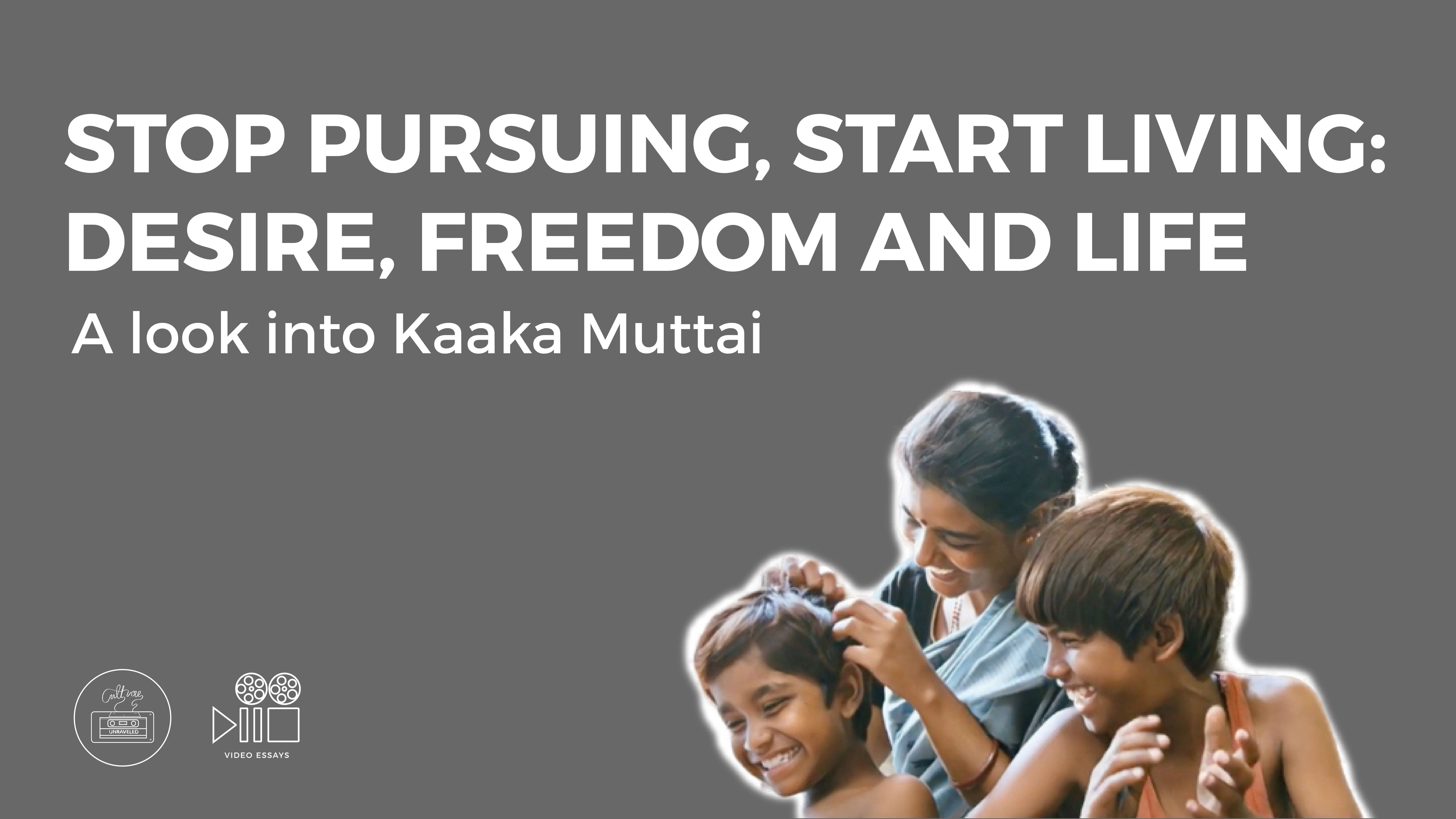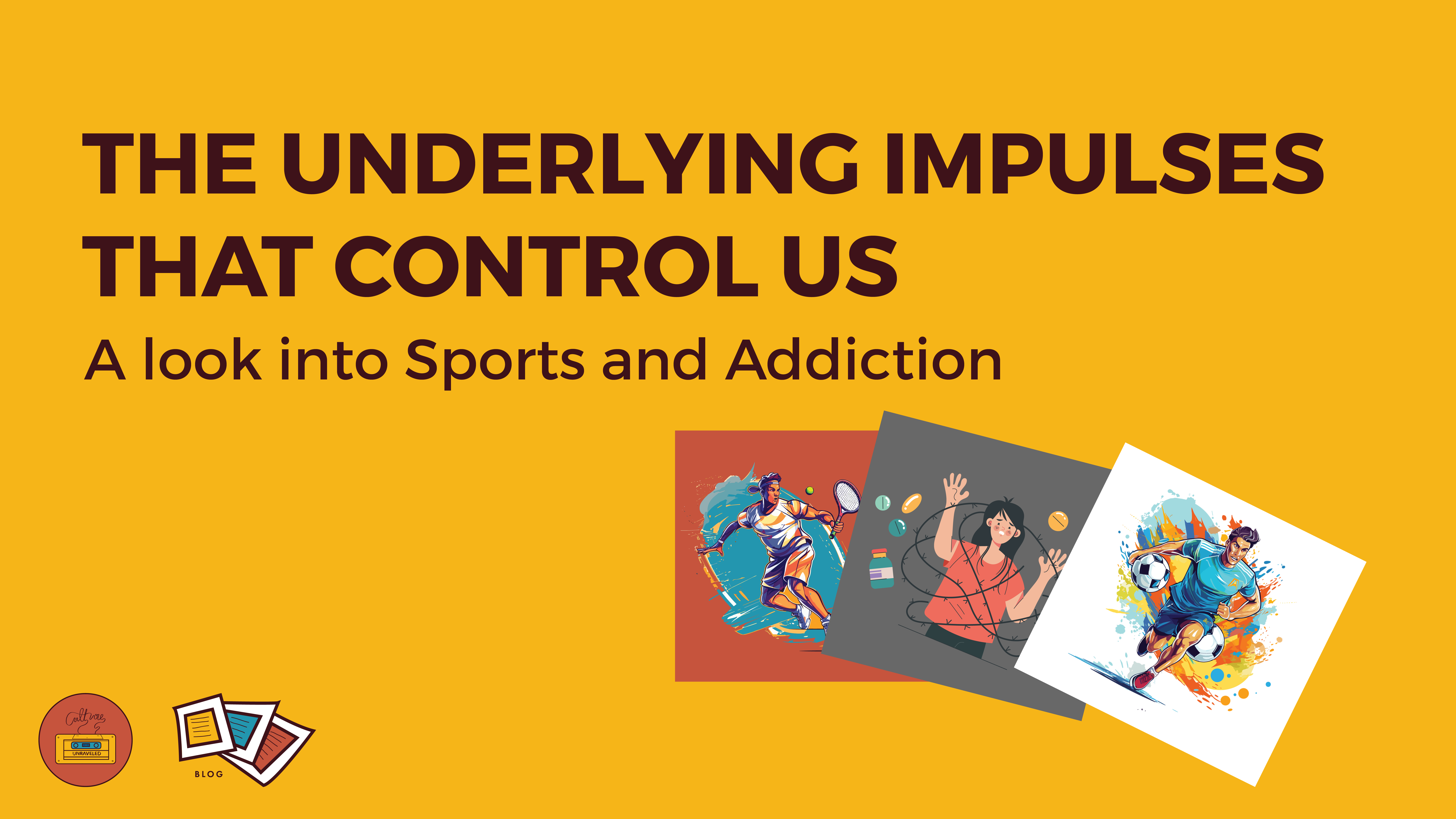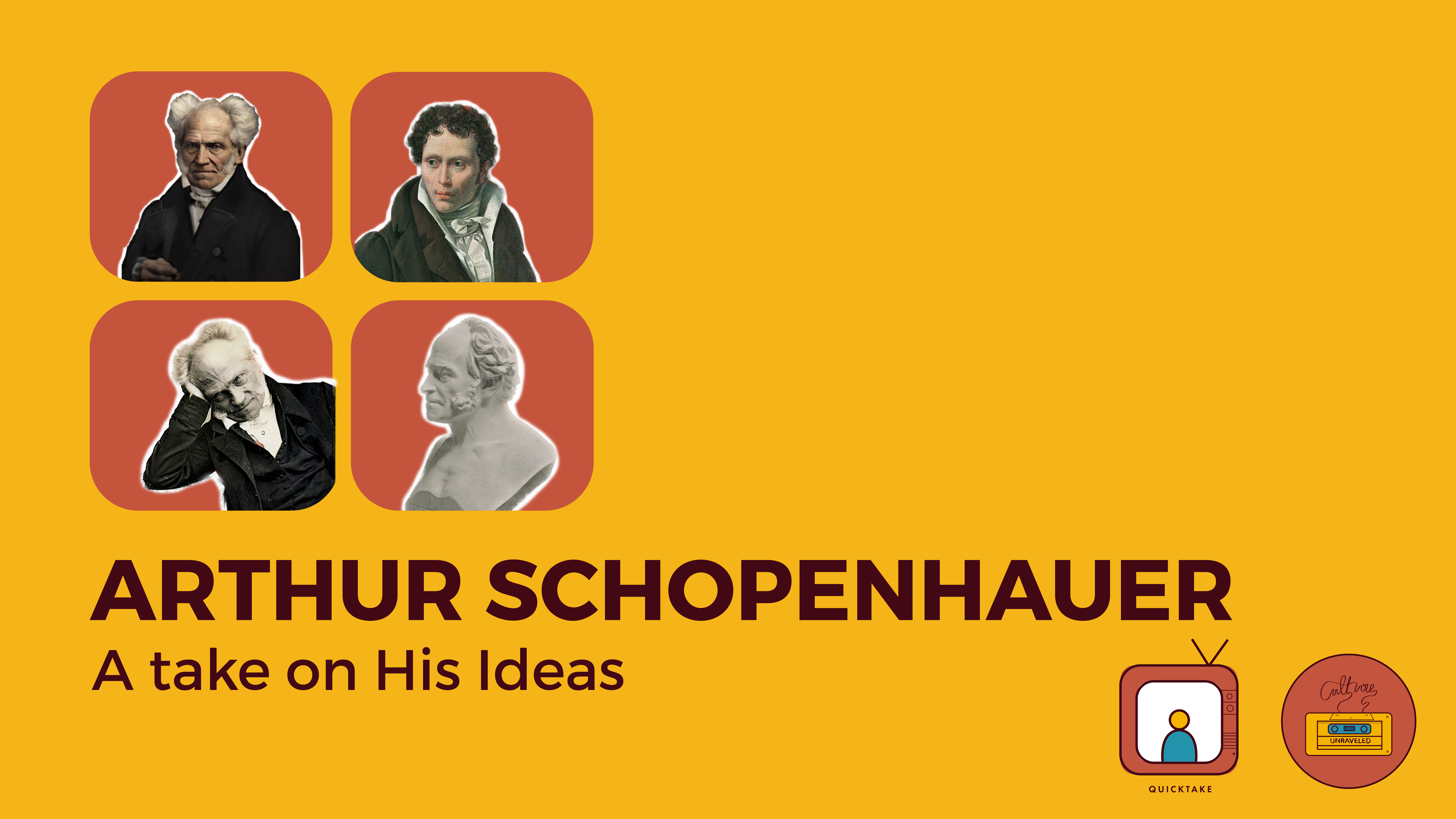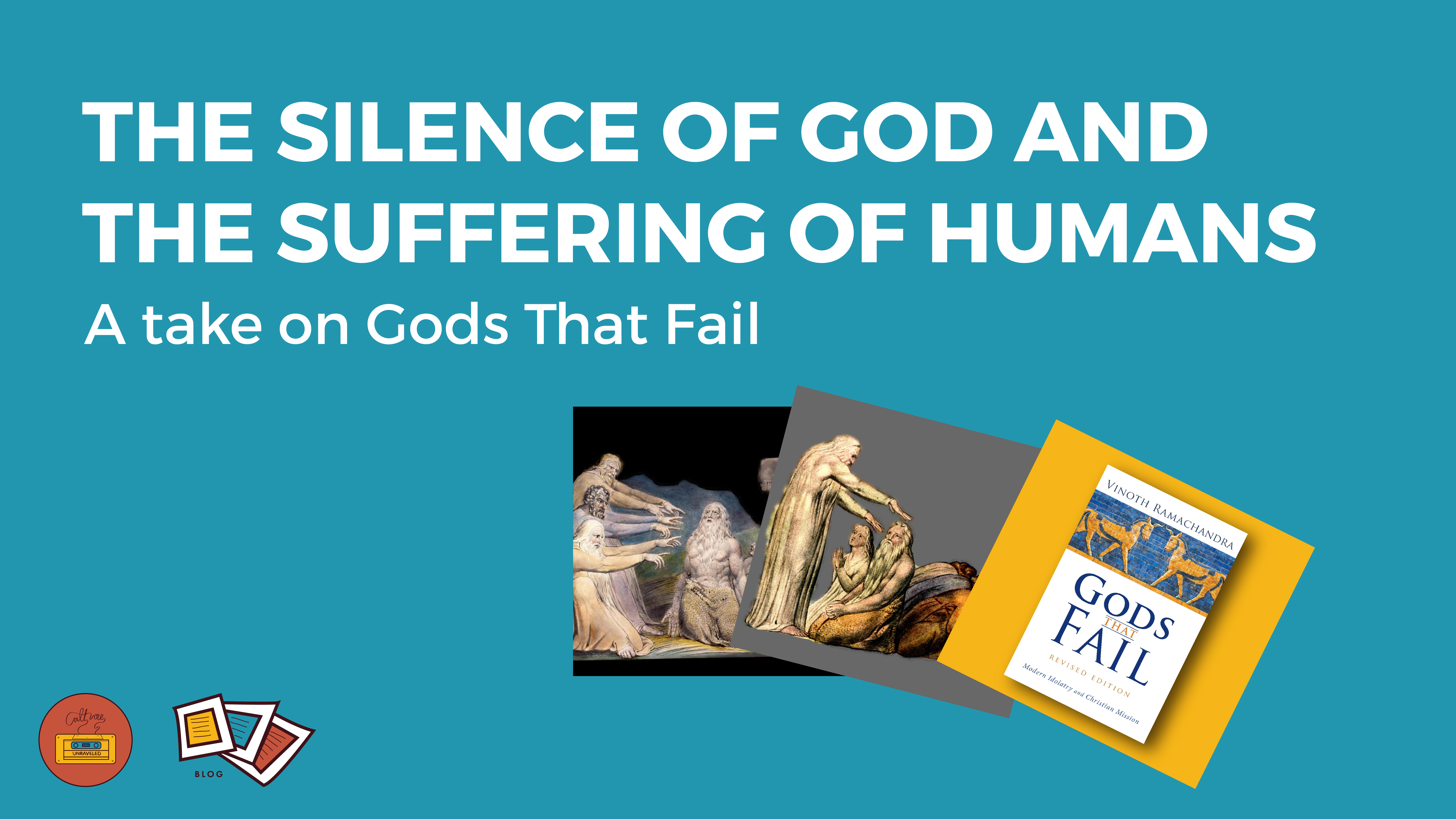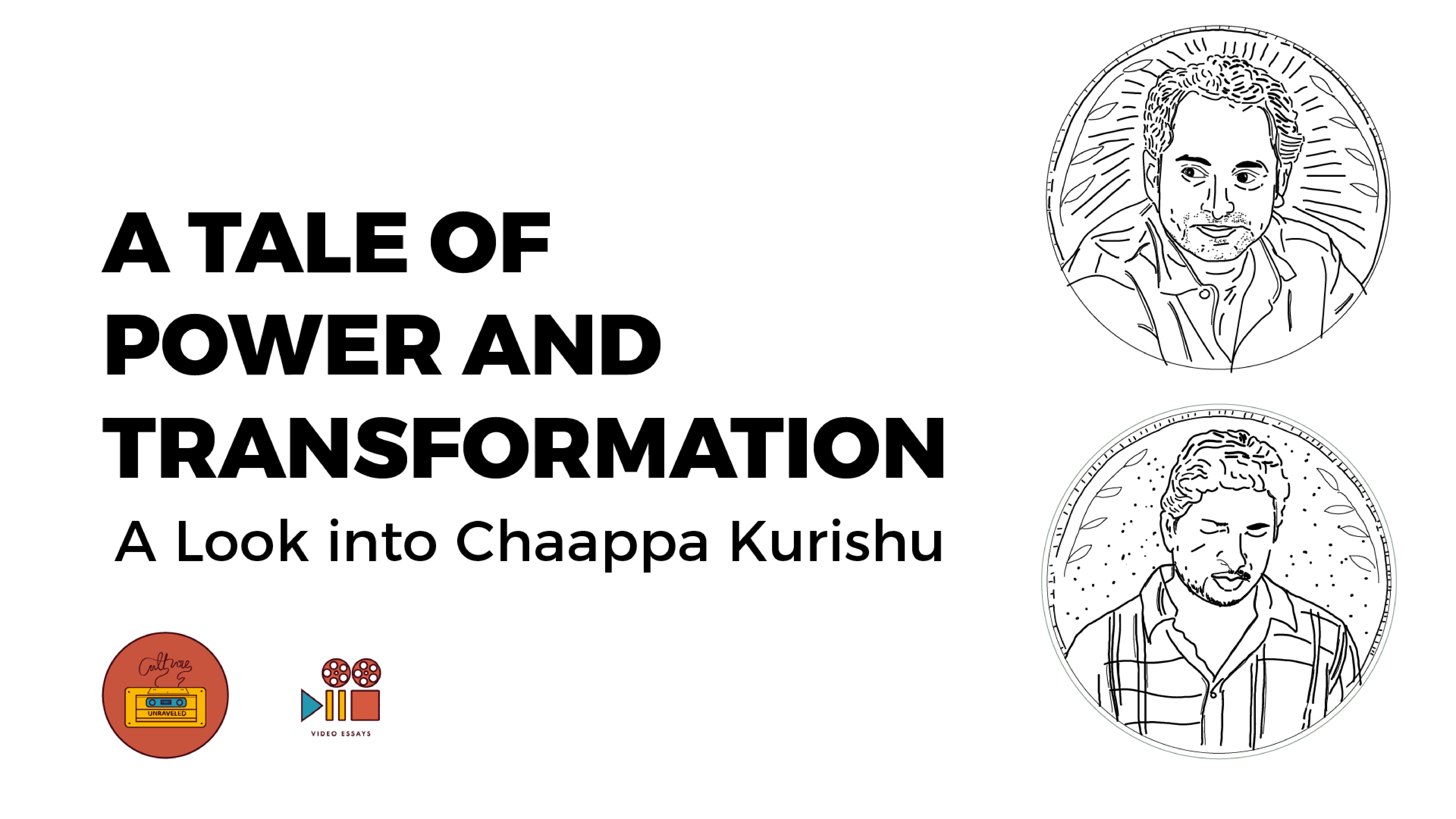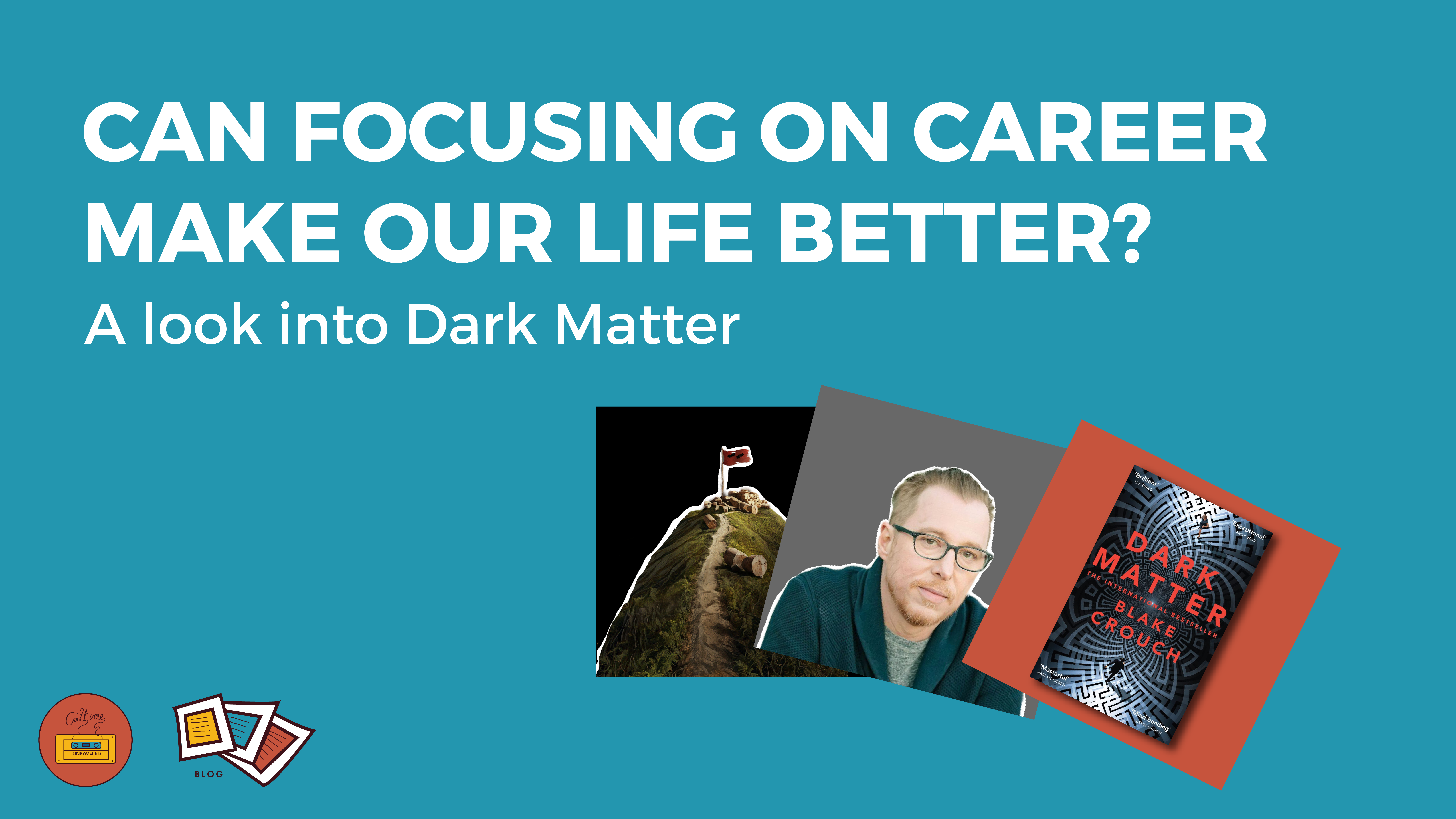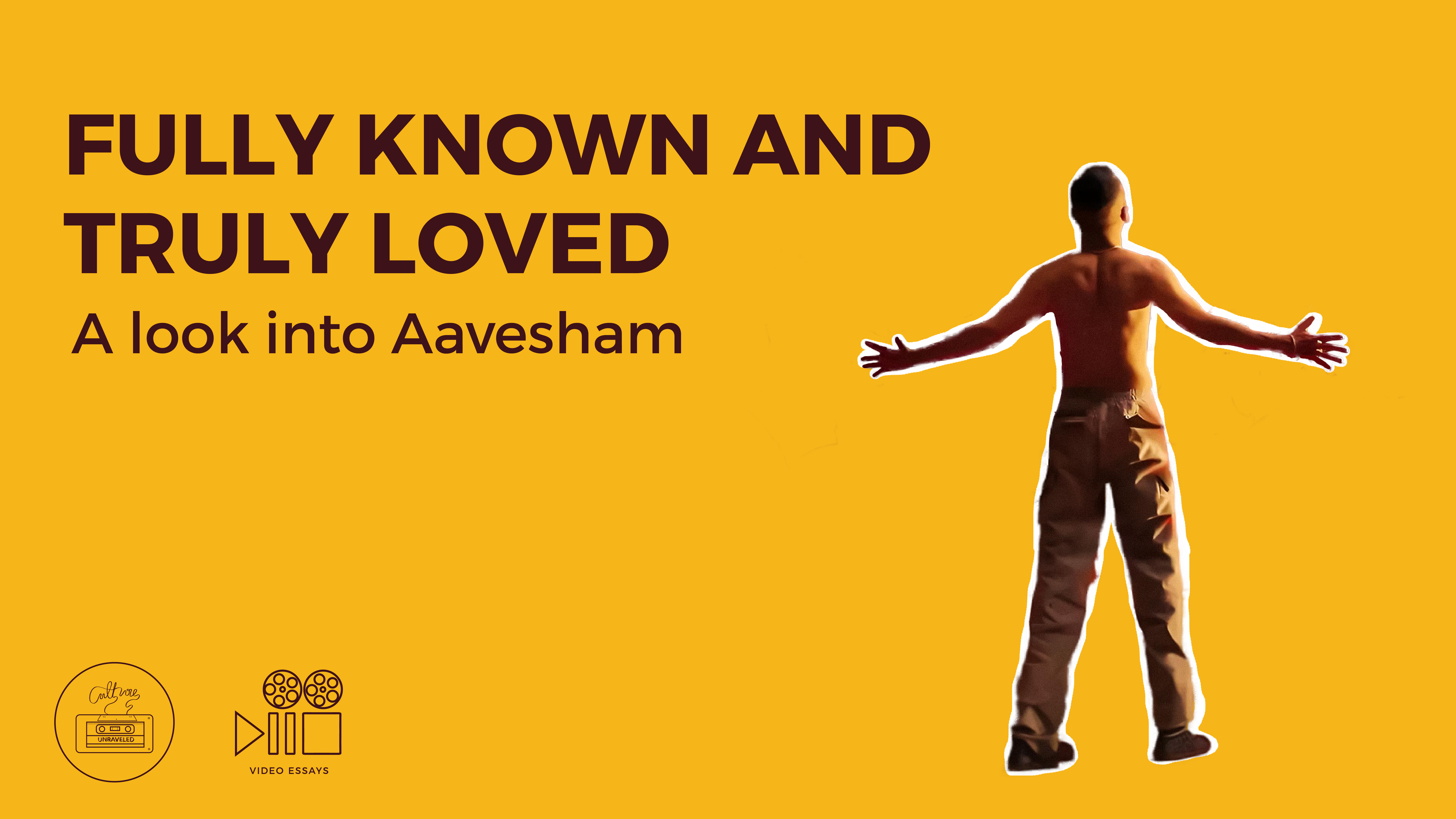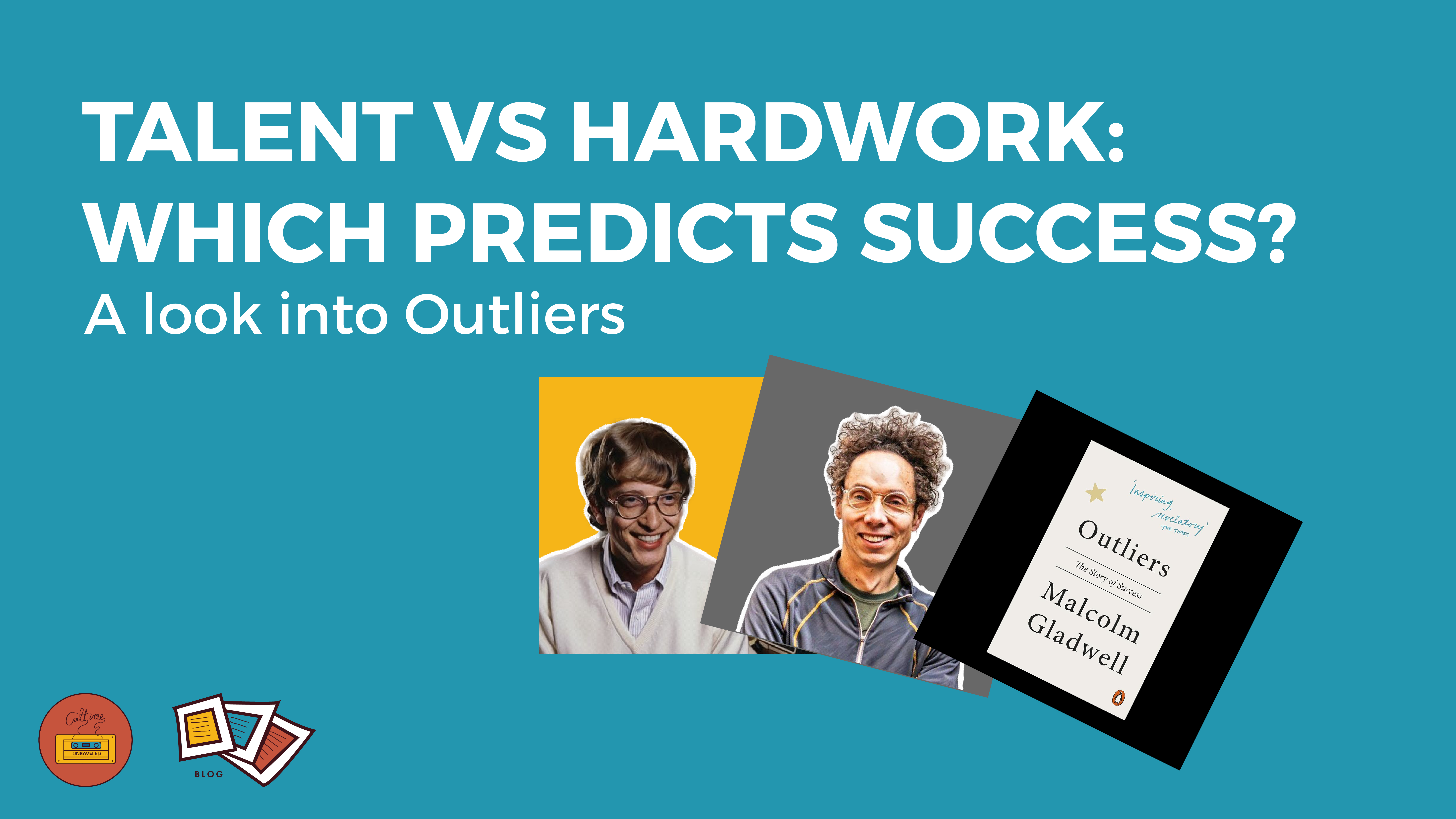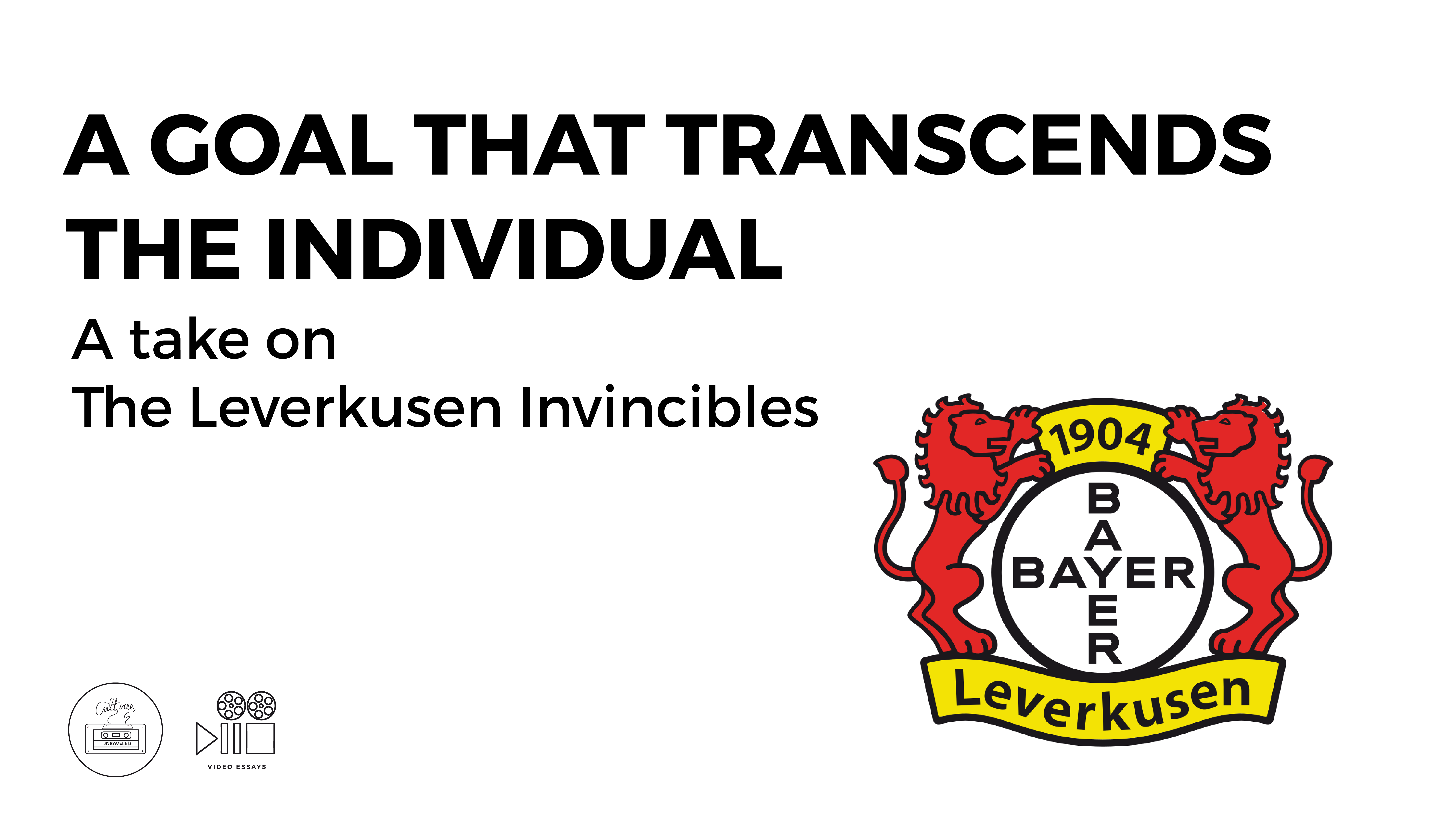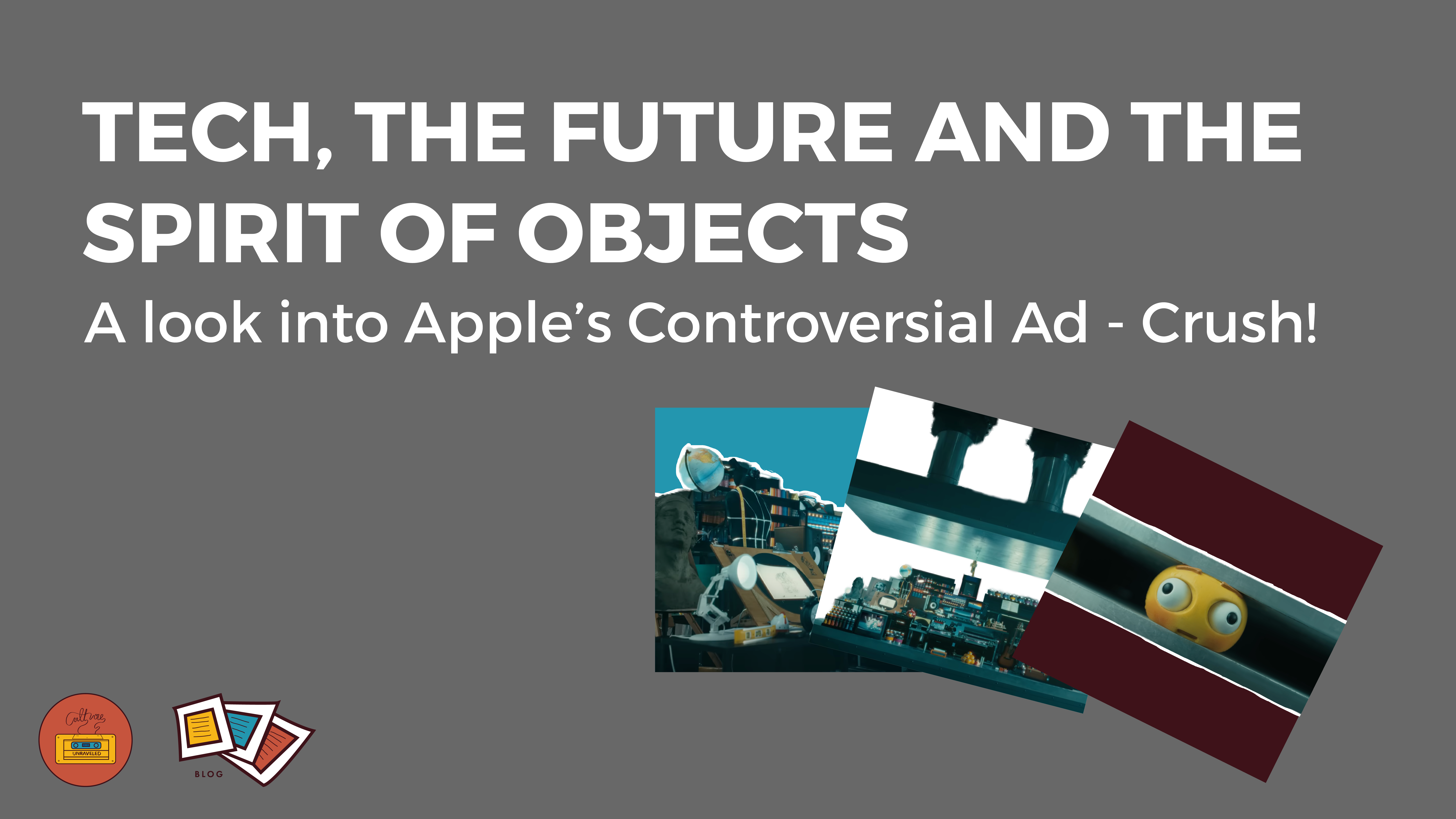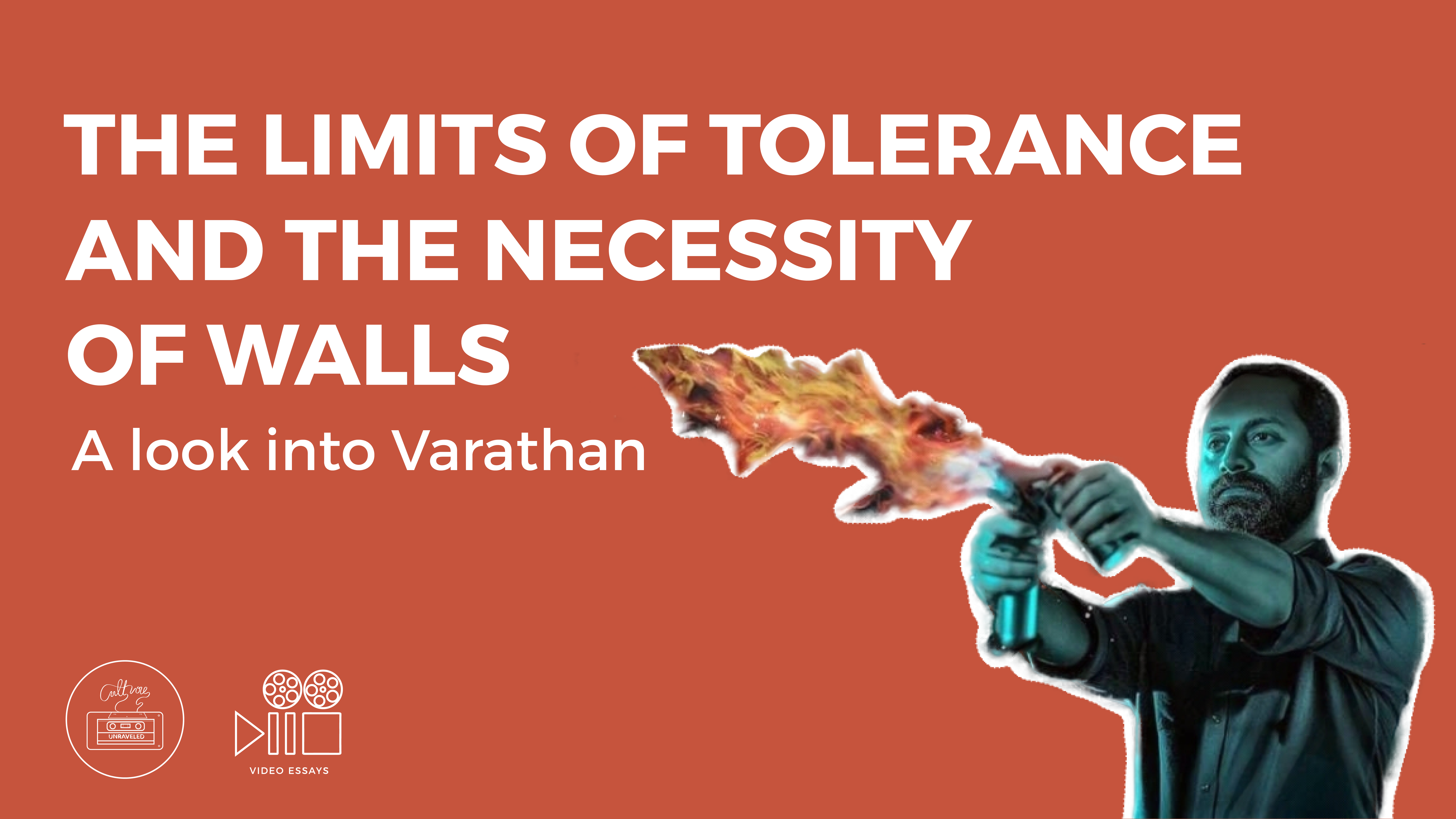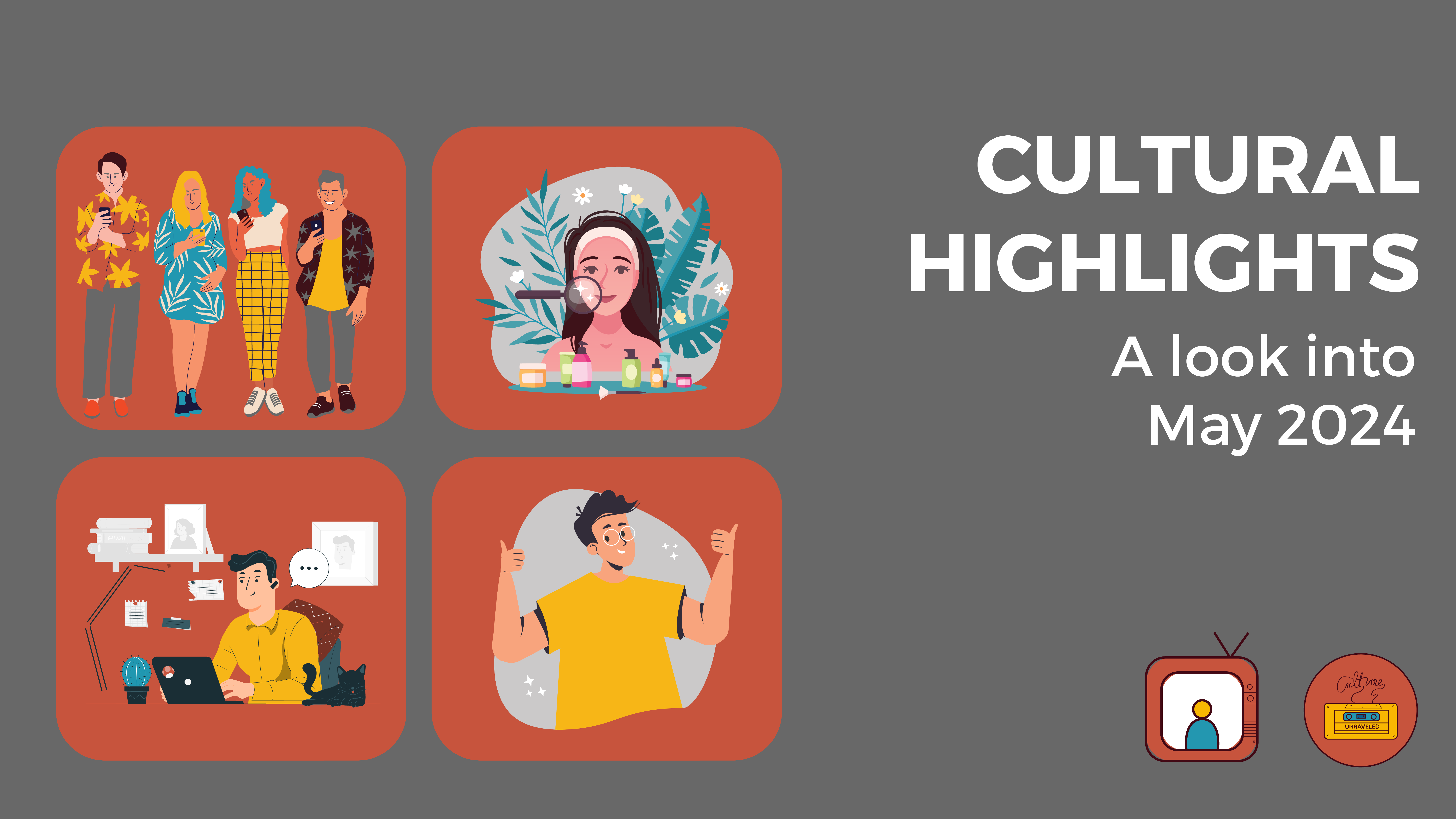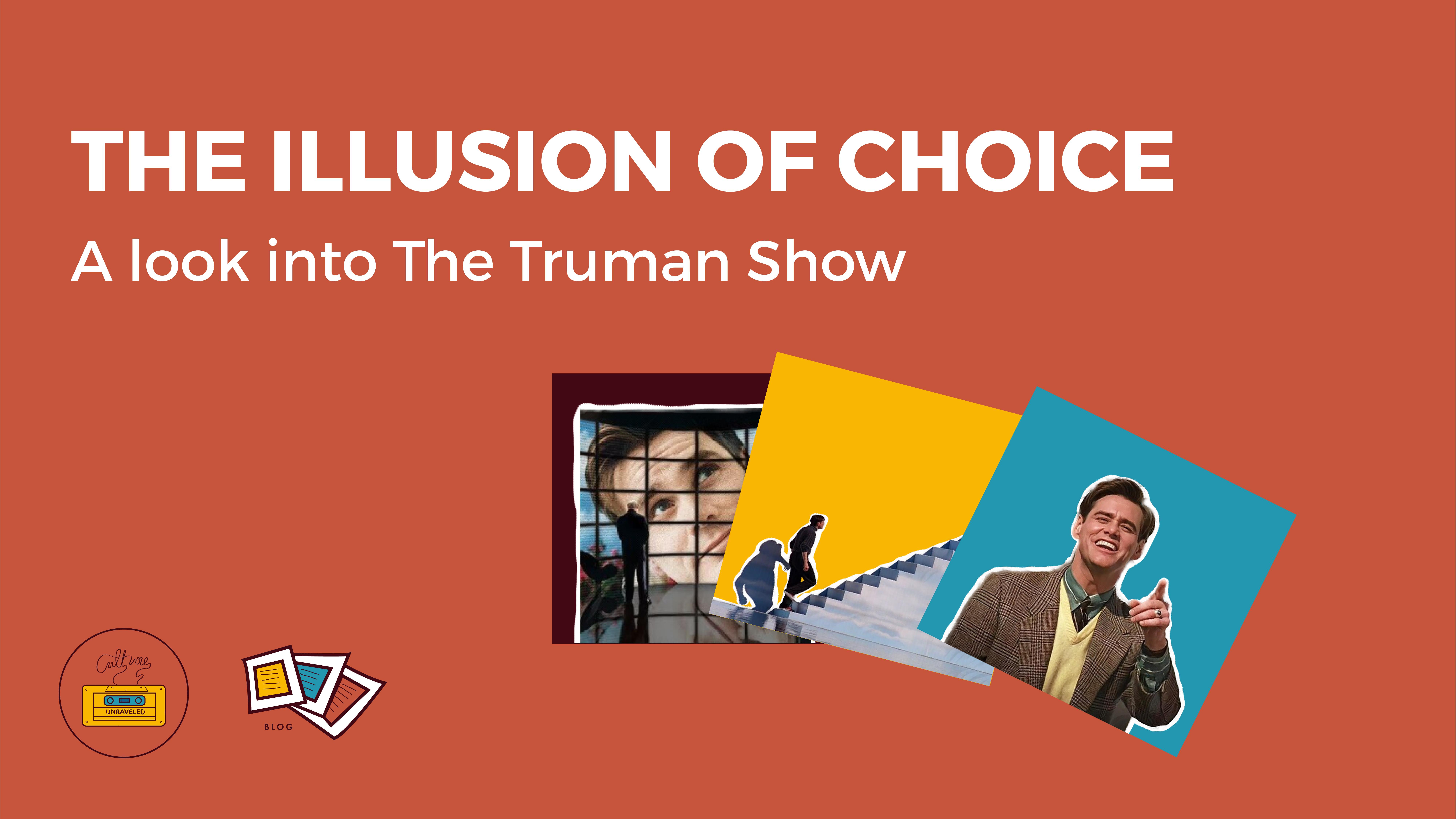
In order to better understand ourselves and what controls the choices we make, being aware
of the cycles, patterns & systems that we willingly or unwillingly participate in, is crucial. But
when those cycles, patterns & systems are disguised as the norm or as entertainment,
recreation & social acceptance, detaching from them can feel impossible. The 1998 film,
‘The Truman Show’, deals with this conflict in various ways.
The film follows Truman, as he lives his repetitive day to day life, and monotonous as it may
be, Truman seems perfectly pleased with it. But little does he know that the world he lives in
is actually a television show that he is the subject of and all his choices are subtly prompted
in ways he is unaware of. Everyone around him is an actor, even his wife & parents, and
everything that he perceives to be real is completely manufactured. There are cameras all
around him and his life is broadcasted as a reality show to the rest of the world without his
knowledge. Now this might seem like a situation that we would never find ourselves in and
while that’s true, the revelations that arise from this narrative hold a lot of weight when
contextualised in respect to the world we live in today.
As has become clear in the past decade or so, the advent of social media has completely
transformed the landscape of choice and the illusion of control. When so many of the things
that we interact with are contrived, the basis of our choices can very easily become
controlling without us even realising it.
Although it may seem like these days we have unlimited choices, and while in certain
aspects that can be true, a lot of the foundations that these choices are built upon are very
carefully picked to give us the illusion of choice while still maintaining the ‘required’ status
quo – this can lead to us thinking we have freedom of choice when in reality the outcome of
those choices are constrained within predetermined boundaries.
This invites us to spend a little time on the concept of free will. Free will is something the
majority of us think we have, the ability to do whatever we want at any time we choose. But
when we explore the routines that develop as a consequence of the manufactured
environment of today, we soon realise that we have a lot less control than we thought.
Whether it’s an algorithm that calculates us into the next hour of our life vanishing as a result
of investing our attention is something we don’t really care about, or whether it’s a continuum
of confirmation bias due to the way the internet presents the world to you mainly in context to
your previous searches, or even the comparisons and social pressures that coerce us into
living our lives in an effort to satisfy the expectations we think others have, they all work in
favour of minimising our freedom of choice and limit our experience to a much smaller realm
than it might be otherwise.
This of course has some obvious consequences like a limited exposure to diverse
perspectives and an increased sense of polarisation and division, but one of the most
pressing concerns that this poses is the loss of the individual. When conformity is the norm,
individuality is criticised. In ‘The Truman Show’, Truman is a lively, unique & curious
individual and this is what eventually leads him to discovering the artificial nature of his
environment, but the show cannot exist if he allows that individuality to be exercised, so they
do everything they can to keep him distracted & oblivious to what is really going on.
Similarly, the uniqueness and true essence of who we are can often unknowingly be altered
and sabotaged by external forces that dictate the unfolding of our experience, which results
in the loss of individuality and authentic experience.
Towards the end of the film, Truman finds out exactly what he’s involved in and embarks on
a mission to escape this rigged and tailored world, but just as he’s about to leave, the voice
of the showrunner calls out to him. He urges Truman to stay, telling him that although this
world may be artificial, it has the benefit of comfort, the absence of risk & the assurance of
no unpredictability. The choice, ultimately is up to Truman. We have a similar choice as well.
This is not to say that we need to boycott the internet and social media, that would be
unrealistic and unnecessary since much value can still be found within it, but it is to urge us
to be aware of the the cycles, patterns & systems that control our choices, so that way me
be able to exercise our individuality and experience the world authentically. So it is up to us,
if we want to have the freedom of choice, then we have to choose freedom.
_________________________________________
Written by Ben Joshua
Life Focus Society
Culture Unraveled is an initiative of Life Focus Society

